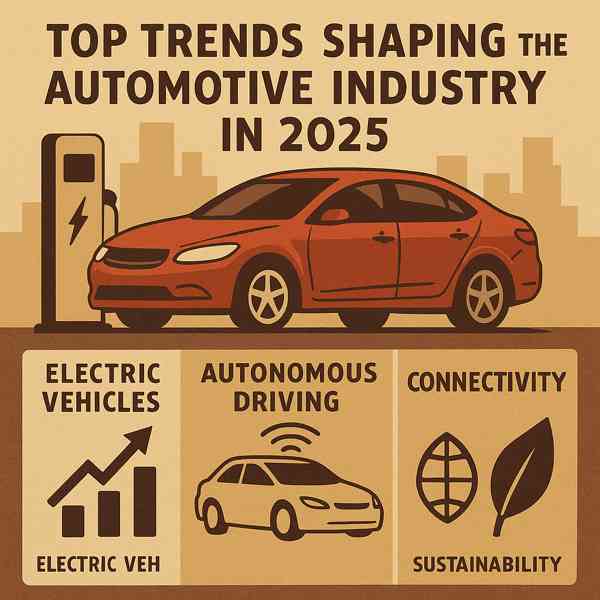
Electric vehicles (EVs) are transforming the way we think about transportation.
As battery technology improves and infrastructure expands, owning an electric vehicle has never been more practical.
Understanding EVs
Unlike gasoline-powered cars, EVs produce no exhaust pollution.
Key components of EVs include:
- Replaces the internal combustion engine
- Usually lithium-ion or solid-state
- Controls efficiency and output
- Connects to home or public chargers
Electric vehicles come in various types, such as plug-in hybrids (PHEVs)—each with different levels of electrification.
Why Choose an EV?
The rise of electric vehicles is fueled by their clear advantages.
Major benefits include:
- Reduced maintenance needs
- No tailpipe emissions
- Quiet and smooth ride
- Financial perks for EV buyers
For eco-conscious and cost-aware drivers, electric vehicles are an increasingly responsible choice.
Challenges of Electric Vehicles
Understanding the limitations of electric vehicles will help you make an informed decision.
Common concerns include:
- May require more frequent charging
- Longer trips need planning
- More expensive upfront than comparable gas models
- Replacement can be costly without warranty
As technology advances and infrastructure improves, many of these challenges are becoming easier to manage.
Types of Electric Vehicles
Choosing the right type depends on your lifestyle, commute, and charging access.
Categories of electric vehicles:
- Run only on electricity
- Electric motor with backup gasoline engine
- Self-charges through regenerative braking
- Fuel Cell Electric Vehicles (FCEVs)
Each type has its pros and cons, so buyers should choose accordingly.
EV Charging and Infrastructure
Charging an electric vehicle is convenient once you understand your options.
Types of EV charging stations:
- Slow but accessible anywhere
- Level 2 Charging
- DC Fast Charging
- Charging without cables
As public charging networks expand, EV owners will enjoy even more freedom, flexibility, and convenience.
What’s Next for EVs?
Electric vehicles are electric vehicles here to stay.
Where EVs are going:
- Higher energy density and faster charging
- Turning cars into energy assets
- Autonomous electric vehicles
- More choices at lower prices
As innovation continues, EVs will become more dominant in the automotive world.
The Road Ahead for EVs
Electric vehicles represent a major shift in how we think about transportation.
The future is electric—are you ready to plug in?